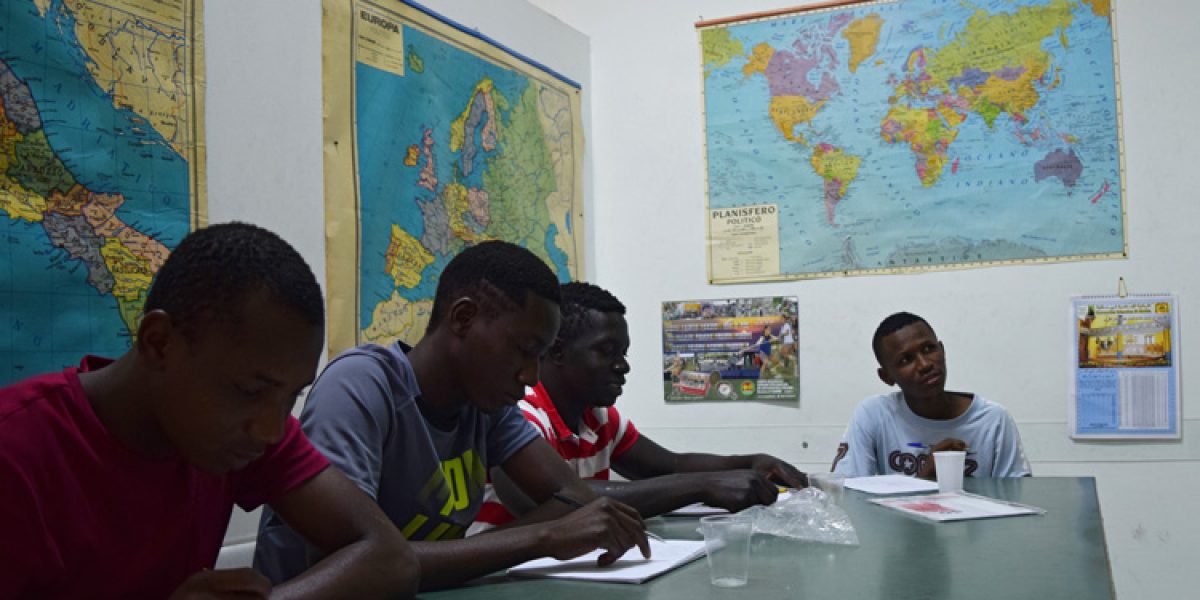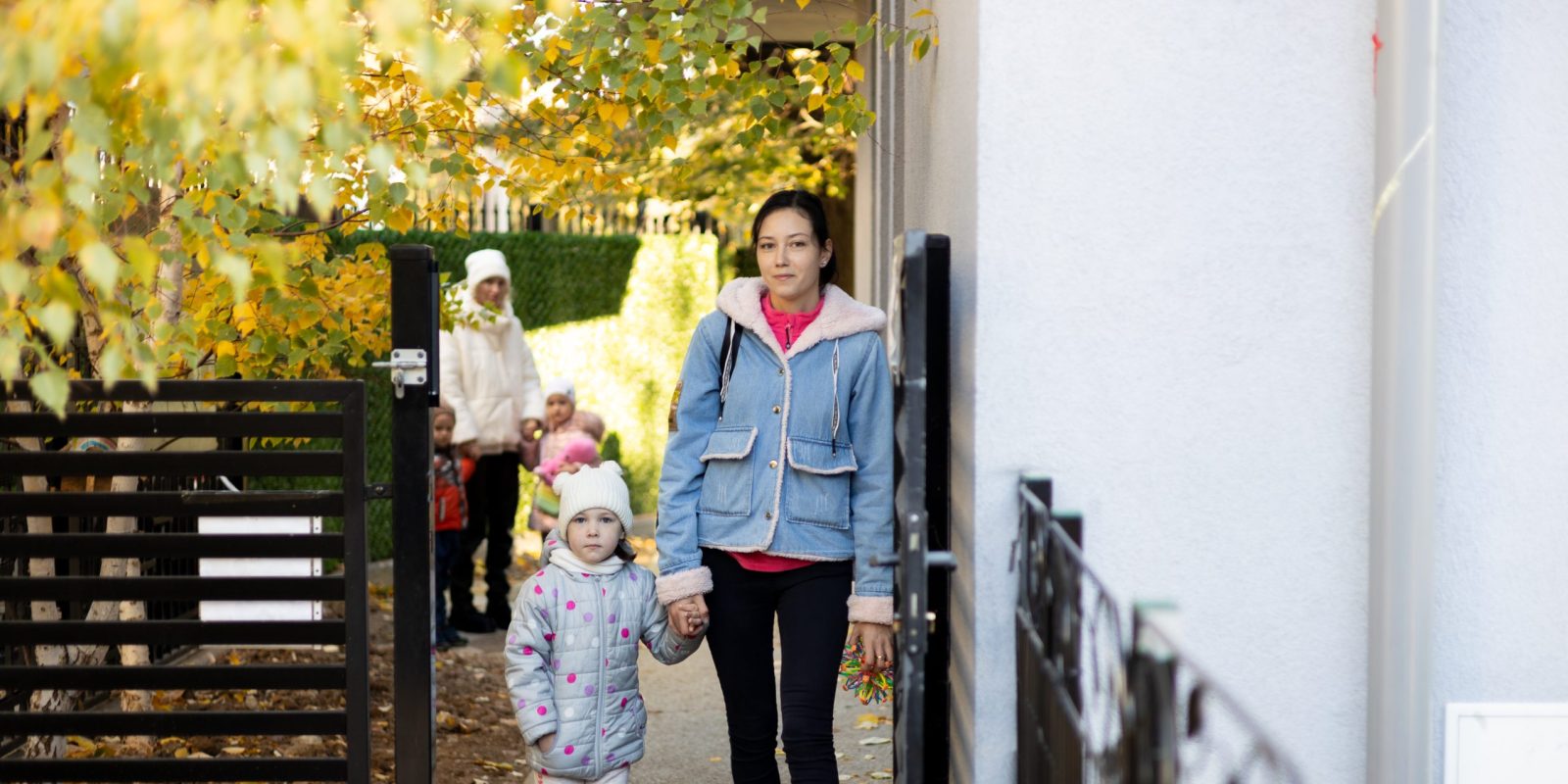
Dublin III entered into force on 1 January this year. It establishes a hierarchy of criteria for identifying the Member State responsible for the examination of an asylum claim in Europe. This is predominantly based on the State through which the asylum seeker first entered European territory. In effect, asylum seekers are often sent back to the country where they first entered the EU mostly located at the external borders.
JRS Europe’s report ‘Protection Interrupted‘ (2013) found that the Dublin Regulation does not make it any easier or safer for a person to access an asylum procedure in Europe. Instead, people are shipped around Europe to countries which they have little or no connection to. Parents become separated from their children and people are frequently detained. Consequently, the regulation’s negative impact on children travelling alone can be especially severe.
In June 2014 the European Commission proposed to amend the Dublin III Regulation to ensure that the best interests of unaccompanied asylum-seeking children are met.
Cecilia Malmström, Commissioner for Home Affairs at the time, said this: “The rights of the child must always come first. We need clearer and more predictable EU asylum rules for unaccompanied minors. Our proposal will ensure that the best interests of minors will always prevail in the Dublin procedure and that these minors will not be needlessly transferred from one EU State to another. They will have quicker access to the procedures for determining international protection status. This will boost the effectiveness of our common asylum system for some of the most vulnerable of all.”
However, currently the member states in the Council are discussing amendments to this proposal which would run against the objective of ensuring the best interests of the child.
“The amendments would result in unnecessarily prolonged procedures for determining which Member State is responsible for processing the child’s asylum claim,” states Mr. Stefan Kessler, senior policy officer at JRS Europe. The Christian group therefore opposes the proposals discussed in the Council.
The policy paper recommends that the ‘UNHCR Guidelines on Determining the Best Interests of the Child’ be referred to in the document, thereby providing a set of criteria to help states follow the ‘best interests of the child’.
Finally, the Christian group emphasises that information should be provided to the minor in a child-friendly way, adapted to the child’s age, level of maturity and level of literacy. This can prevent a great deal of confusion, stress and anguish on the part of the child.
The rights of the child must always come first. We need clearer and more predictable EU asylum rules for unaccompanied minors.

